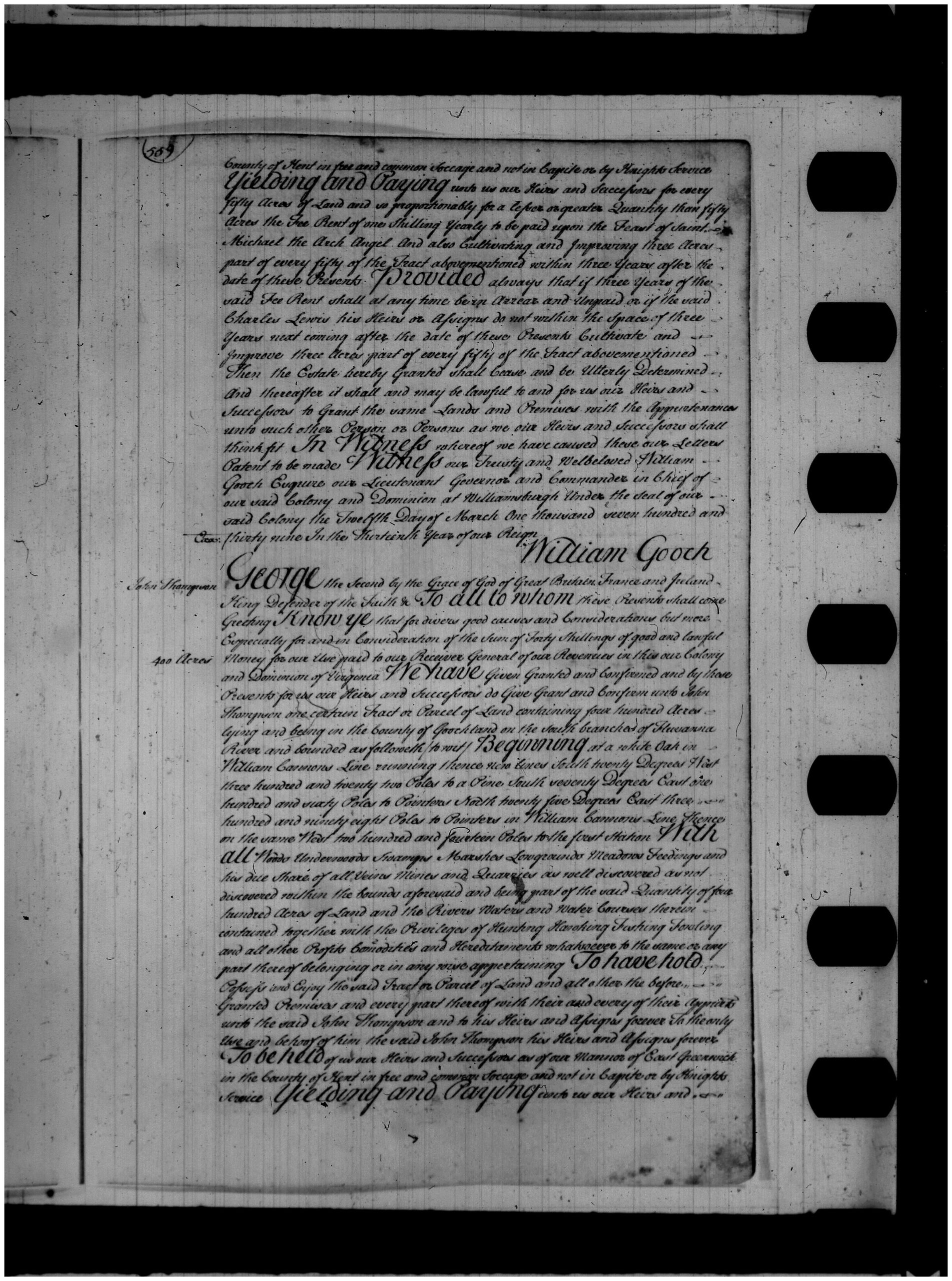
Among my work projects, I correct Optical Character Recognition (OCR) newspaper text for the Virginia Chronicle website. One of the features of the Sunday editions of the Richmond Times-Dispatch in the early part of the 20th century was a genealogical column. I became interested in finding some of the original sources in a column I recently transcribed.
The subject of the genealogical column in the September 6, 1914, edition of the Richmond Times-Dispatch is the Waddy family, originating in New Kent County. Some of the sources cited in the column are available at the Library of Virginia. The column itself appears on Page 7 of Section 4 of the September 6, 1914, edition, which is available digitally through Virginia Chronicle. I was able to find the entries from the St. Peter’s Parish register for Mary Waddy and Anthony Waddy, children of Anthony Waddy, born in 1711 and 1714, respectively, in a published transcription of The Register of Saint Peter’s Parish prepared in 1904.

The column also mentions land grants awarded to Anthony Waddy and John Thomson, all of which appear in our collection of Land Patents and Grants from the Virginia Land Office. The original compiler of the genealogical notes appears to have made a mistake regarding the land grant awarded to John Thomson in 1736, and the column states that the land grant was for 1,600 acres, but the record in the patent book (vol. 17, p. 284-285) is for a grant of 800 acres. Additional land grants to John Thomson were for 524 acres in 1737 and 400 acres in Goochland County in 1739. Click on the images below to read the grants in full.
A third original source in the column available at LVA is a mention in 1748 of a public warehouse to be established on Anthony Waddy’s land in New Kent County, appearing in volume six of The Statutes at Large: Being a Collection of all the Laws of Virginia, From the First Session of the Legislature, in the year 1619. Published Pursuant to an Act of the General Assembly of Virginia, Passed on the Fifth Day of February One Thousand Eight Hundred and Eight, more commonly referred to by the shorter title Hening’s Statutes at Large.









